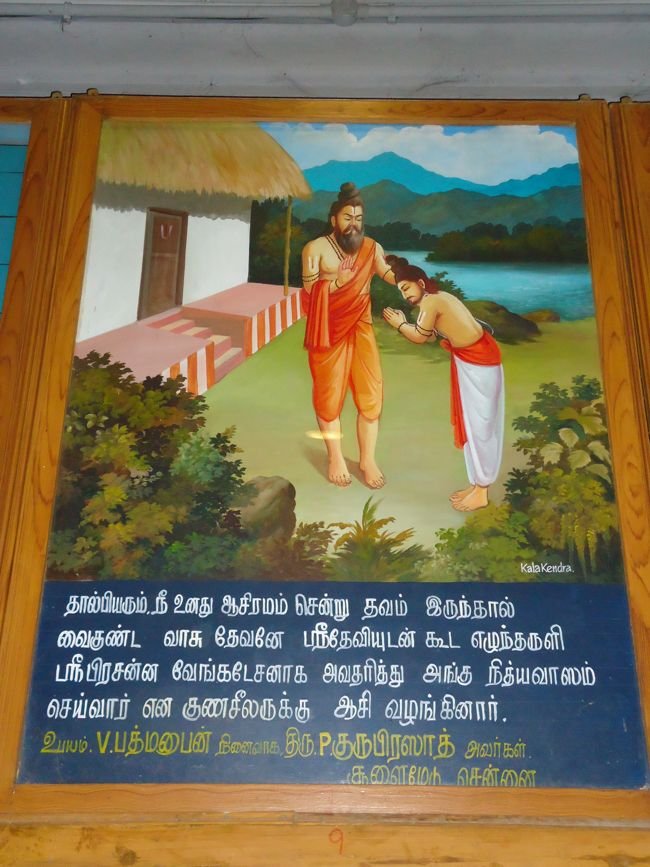and within 12 hours of that conversation, the US Consulate in Frankfurt was raided “by men in US Army uniforms” but Byrne says, “It’s not clear at all who did the seizing. No one’s really taking responsibility, at the moment.” This would explain Sidney Powell’s comments
Continues thread
1/
- DID THE BAD GUYS GET THE SCYTL SERVERS? -
A colleague of Byrne’s informed a friendly congressman about the Frankfurt data transfer. This congressman, unfortunately informed the President about this on an open line
and within 12 hours of that conversation, the US Consulate in Frankfurt was raided “by men in US Army uniforms” but Byrne says, “It’s not clear at all who did the seizing. No one’s really taking responsibility, at the moment.” This would explain Sidney Powell’s comments
during last week’s press conference that she was unsure if the Scytl servers seized in this raid had fallen into the hands of the Bad Guys.
- CHINA ‘ABSOLUTELY’ SWITCHED VOTES -
Byrne says there are three different buckets to understand.
Bucket #1, The technical functionality of these Dominion election systems, “Because they were built by Hugo Chavez in order to make himself El Presidente for Life, they were built with functionality that you would not imagine any legitimate voting system would have.
“They can drag and drop votes to the candidate of their choice. And this isn’t a theory, it’s in their instruction manual…they can allocate votes, they can generate blank ballots, they can do all these admin overrides that really destroy election integrity.
“What’s even worse than that, that you do want to understand, if you want to understand the foreign involvement, here is this – and nobody in the press has picked up on this, yet:
these Dominion servers are widely-infected with a malware called QSnatch. And what QSnatch is is a credential-stealer…75,000 Dominion servers [in the US] are infected with it
“That means if an admin or a poll worker in any precinct logs on to any machine that’s infected, their credentials get zapped & sent out on the Dark Web, where they’re for sale or there’s somebody in Xi’an, China, at the military hacking base has them. So they can login.
“So, it’s bad enough that in Maricopa County, Arizona, there’s some precinct worker, there’s an administrator who has the ability to do a bunch of mischief and slide votes around.
It’s especially bad that some guy who steals his credentials from China can login to Maricopa County and that guy in China can move the votes around. That’s horrendous.
“And there’s absolute Chinese involvement in what’s going on here. I’m gonna stop there but there’s absolutely that kind of Chinese involvement.
- HOW TO PROVE THE CASE -
Within 24 hours of the Election, Byrne’s team had put everything together. “We saw the traffic that night…The traffic going to Frankfurt. So that’s one set of things to understand, things like that hack.
“Let me give you another aspect of that: If you go up to the voting booth, with your ballot all filled-out and you turn it in and they feed it into the machine, if the machine says, ‘Oh, I find this hard to read,’ it gives you a warning sign.
The precinct worker will tell you, ‘Honey, you can fill it out again and stand in line for an hour or you just hit this green button.
Hit the green button and your vote will be adjudicated later,’ meaning humans will look at it and they’ll decide, they’ll choose what you were trying to mark. It’ll be OK, it’ll all go in.
“And 95% of people, if not more are going to hit the green button. What that really does with your vote is that it adds it to a pool and a pool accumulates of these adjudicable votes…but the admin can come by and grab – at the end of the day, there’s 931 of those votes…
he can just drag and drop them to Joe Biden, which is why you might see this sudden spike of 983 Biden votes – or, in some cases, 25,000 or 130,000. That’s the functionality. Now, no legitimate machine would have the functionality but let’s set that aside.
Now, we get to Bucket #2.
“Bucket #2 is the lived experiences of the people who voted and who worked in the precincts, who volunteered. And we have hundreds of affadavits from such people.”
Affadavits regarding “Sharpiegate” are an example of the sworn testimonies of irregularities and/or foul play that Byrne’s team has collected, independent of those collected by Trump’s legal team.
Those ballots that became invalidated in Maricopa County because the Sharpie ink bled through, instead of ending up in an “Adjudication Pool”, as referenced in Bucket #1 above, they ended up in a “Drag ‘n Drop” pool, for Joe Biden.
Bucket #3 refers to the statistical outcomes, in some cases, on the order of “Quadrillions-to-one against that certain things could happen,” Byrne says.
“And again, I am not a Republican, I did not vote for Mr Trump, I’m a Libertarian and I love the Constitution and that’s my religion…I’m not coming at this from a pro-Trump thing, I’m just about the truth.
“If the outcomes that occur – if you were theoretcially in an intensely Biden district, with 96% support, & you had 100 people come in & vote, the chances that 100 people in a row would vote for Biden would be .96 raised to the hundredth power. So that’s 60-1 against.
More from For later read
You May Also Like
Fake chats claiming to be from the Irish African community are being disseminated by the far right in order to suggest that violence is imminent from #BLM supporters. This is straight out of the QAnon and Proud Boys playbook. Spread the word. Protest safely. #georgenkencho

There is co-ordination across the far right in Ireland now to stir both left and right in the hopes of creating a race war. Think critically! Fascists see the tragic killing of #georgenkencho, the grief of his community and pending investigation as a flashpoint for action.

Across Telegram, Twitter and Facebook disinformation is being peddled on the back of these tragic events. From false photographs to the tactics ofwhite supremacy, the far right is clumsily trying to drive hate against minority groups and figureheads.
Declan Ganley’s Burkean group and the incel wing of National Party (Gearóid Murphy, Mick O’Keeffe & Co.) as well as all the usuals are concerted in their efforts to demonstrate their white supremacist cred. The quiet parts are today being said out loud.
The best thing you can do is challenge disinformation and report posts where engagement isn’t appropriate. Many of these are blatantly racist posts designed to drive recruitment to NP and other Nationalist groups. By all means protest but stay safe.


There is co-ordination across the far right in Ireland now to stir both left and right in the hopes of creating a race war. Think critically! Fascists see the tragic killing of #georgenkencho, the grief of his community and pending investigation as a flashpoint for action.

Across Telegram, Twitter and Facebook disinformation is being peddled on the back of these tragic events. From false photographs to the tactics ofwhite supremacy, the far right is clumsily trying to drive hate against minority groups and figureheads.
Be aware, the images the #farright are sharing in the hopes of starting a race war, are not of the SPAR employee that was punched. They\u2019re older photos of a Everton fan. Be aware of the information you\u2019re sharing and that it may be false. Always #factcheck #GeorgeNkencho pic.twitter.com/4c9w4CMk5h
— antifa.drone (@antifa_drone) December 31, 2020
Declan Ganley’s Burkean group and the incel wing of National Party (Gearóid Murphy, Mick O’Keeffe & Co.) as well as all the usuals are concerted in their efforts to demonstrate their white supremacist cred. The quiet parts are today being said out loud.
There is a concerted effort in far-right Telegram groups to try and incite violence on street by targetting people for racist online abuse following the killing of George Nkencho
— Mark Malone (@soundmigration) January 1, 2021
This follows on and is part of a misinformation campaign to polarise communities at this time.
The best thing you can do is challenge disinformation and report posts where engagement isn’t appropriate. Many of these are blatantly racist posts designed to drive recruitment to NP and other Nationalist groups. By all means protest but stay safe.


























